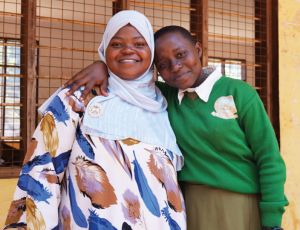
When she thrives, we all thrive
Together this giving season, we can make a difference that ripples outward to benefit everyone.
In an interview conducted at Homerton College, Cambridge, Nasikiwa described the Learner Guide Program, which was conceived by CAMFED to provide vital support for marginalized children at school, and for young graduates during the critical time after they complete school, empowering communities to address the learning crisis, the job crisis, and the teaching crisis.
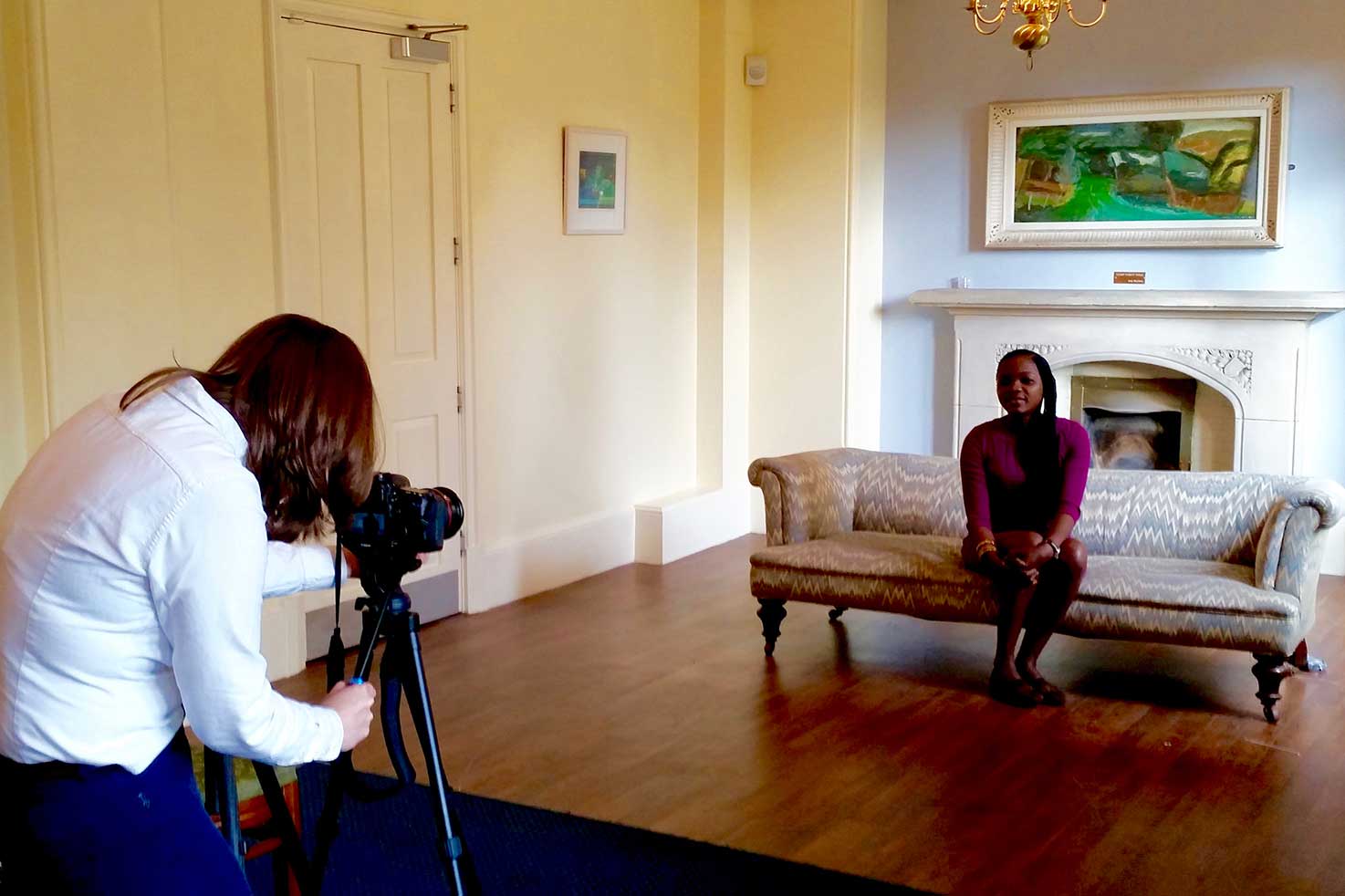
Through the program, former students return to their rural schools to support vulnerable children to stay in school, learn, and succeed.
A Learner Guide is an important role model to the students that she works with because she knows the teachers, she knows the learning environment, and she knows the challenges that are in the school. That makes her a very good person for the students to confide in, because students are speaking to someone that has been in their shoes.
CAMFED partnered with Pearson and young people in rural Africa to create the highly relevant My Better World curriculum used by Learner Guides, designed to deliver the ‘soft skills’ that fall outside the standard curriculum, helping vulnerable children – as well as the Learner Guides themselves – build self-knowledge, discover their talents, build resilience, select role models, set goals and learn how to achieve them – thus building a better world for themselves and their communities.
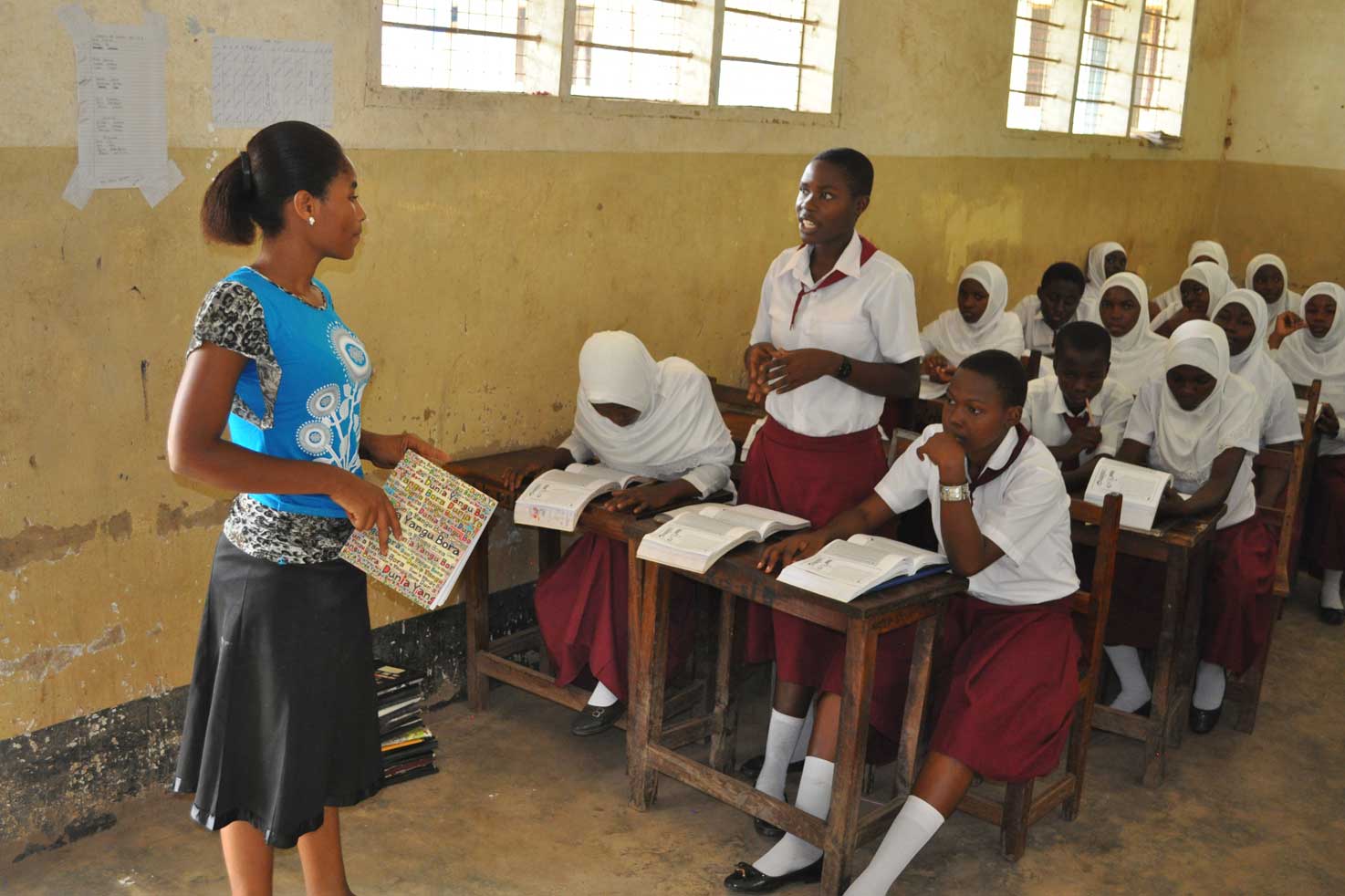
Learner Guides benefit from access to low-risk interest-free loans through the online lending platform Kiva, enabling them to start or grow local businesses. Through these businesses, Learner Guides are creating jobs for young people in their communities, supporting their families, advancing their own education, and supporting more children through school.
Justina is a Learner Guide who has a wholesale shop, a mobile shop, and a mobile money shop. She has employed two young women in her community to help her run the business. Not only are these young women earning an income, but also they are being mentored by Justina, through working in her business. That is another opportunity that the Learner Guide program is providing to the community.
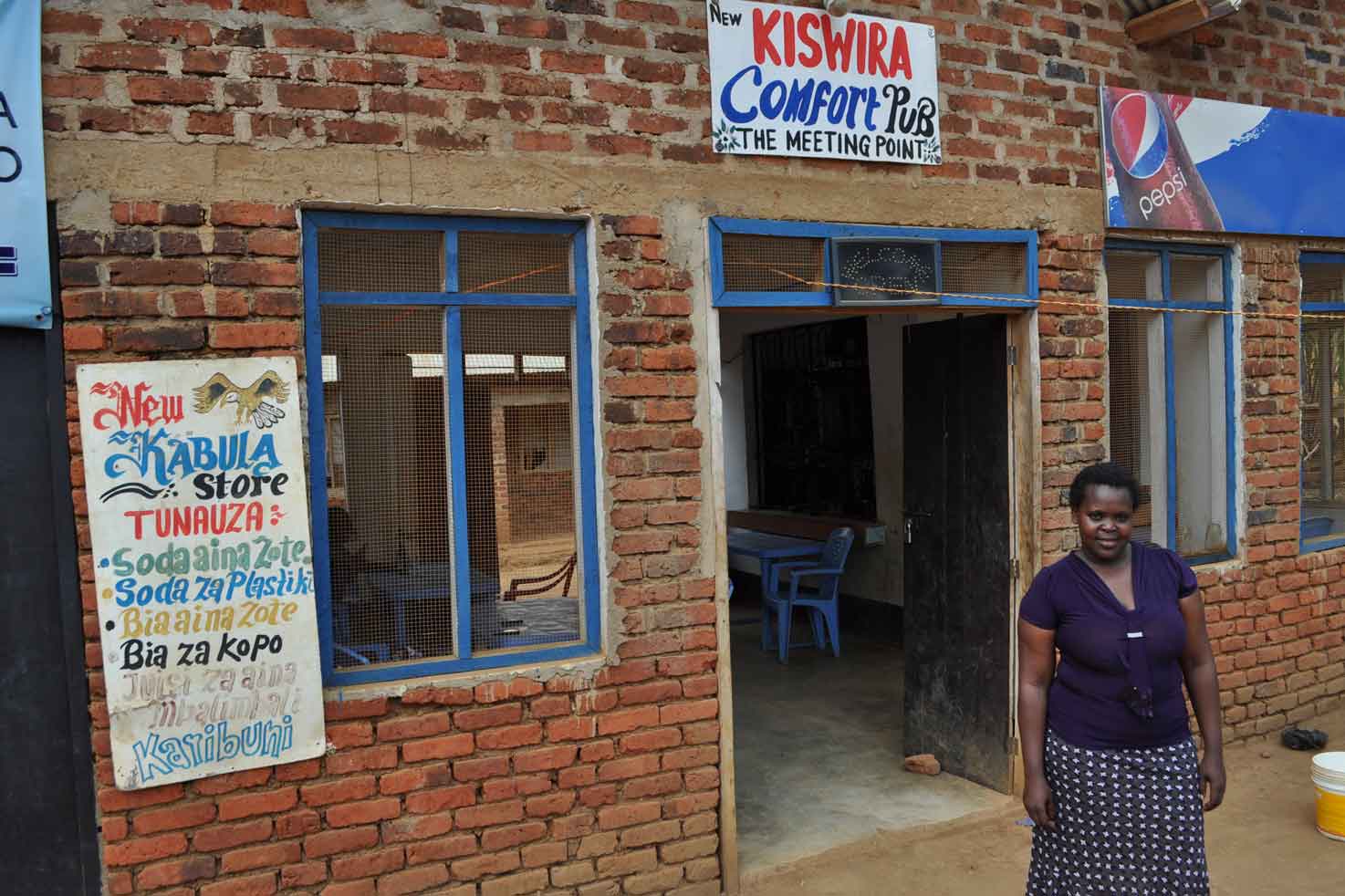
As a result of their work with students, teachers, schools and communities, their ability to make home visits, keep girls in schools, and link poor families to vital services, Learner Guides have gained huge status and recognition. Nasikiwa explained, “When I asked a Learner Guide, Gracie, what it is she loves most about being a Learner Guide, she said, ‘Nasi, I was just a housewife, a nobody. Today I am somebody. My husband supports me very well. When I have a Learner Guide session in school, and I am late, he will take my Kiva loan repayment and go and deposit in the bank. Meanwhile he tells me, ‘Go to school. Students are waiting.’”
In October 2015 in Tanzania, 120 Learner Guides were selected to supervise the election voting centers in their communities. These are normally positions that are given to teachers to supervise. Today, Learner Guides have got that position because they are being taken as equal.
A new BTEC qualification developed in partnership with Pearson will allow Learner Guides to pursue formal teaching qualifications, taking up positions as much-needed female teachers and professional role models at their rural schools.
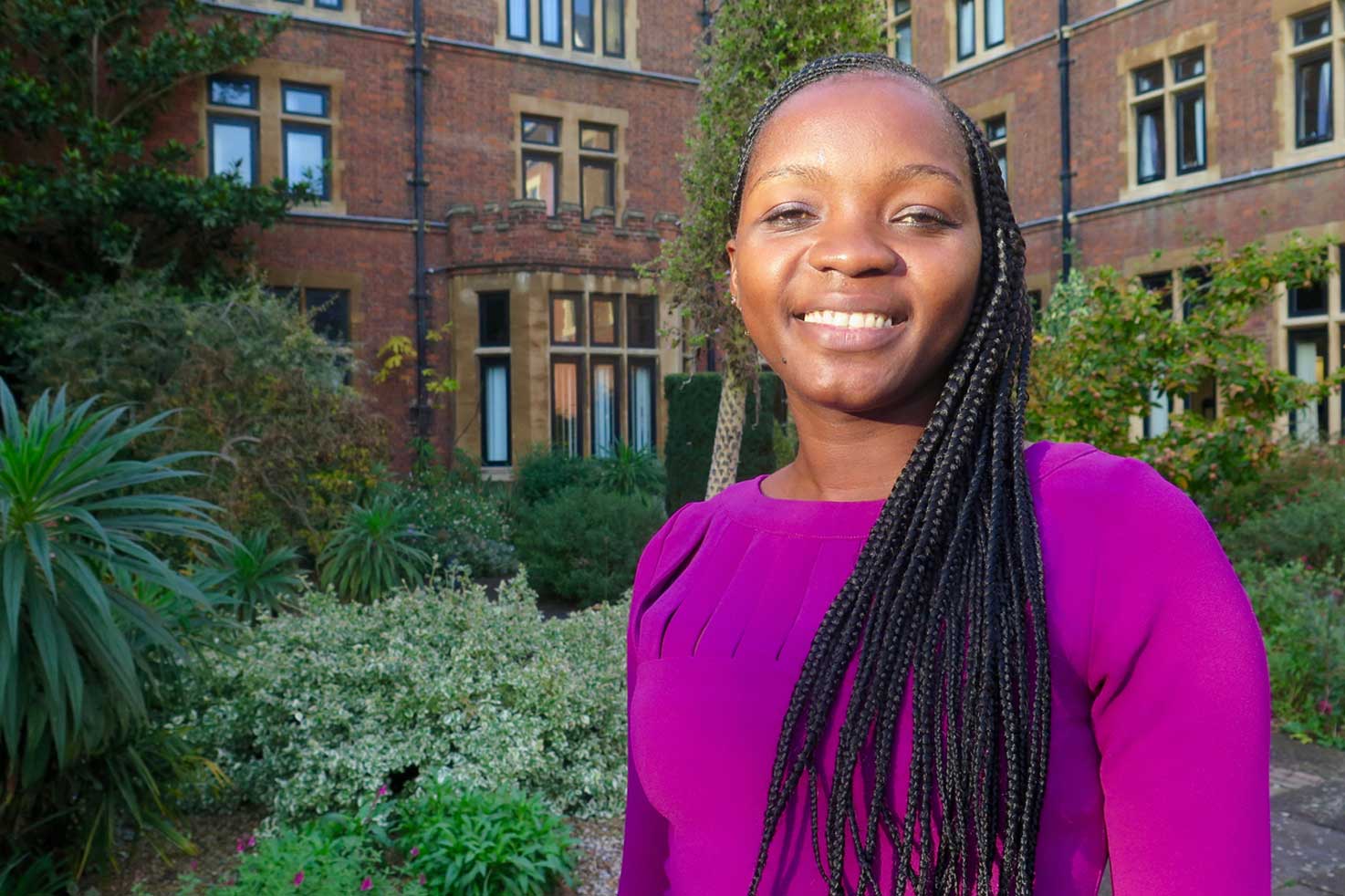
In 2014 alone, CAMFED trained 2,575 CAMA alumnae as Learner Guides. They introduced 87,600 students to the My Better World program at 1,009 partner schools. “With the CAMA network growing to 130,000 over the next few years, this scalable, sustainable program has the most incredible transformative potential. These young women are the change makers in their families, in their communities, and their nations,” Nasikiwa concludes.
Watch Al Jazeera’s documentary about Learner Guides in Ghana
Aimee Turner $209
Simon Hoverstadt £250
Hugh Constant $10
Anaya Pouget £400
Jacquetta Devine $10.9
Lola Damstra €11
Victoria Liakos $5.6
Alexi Culbertson $421
Laureen Peters ₣63.3
Deena Alshatti £52.2
Bruce Lieberman $47.6
Stephanie Moore $5.6
Sahand Zp £21
Robin Kimbrough-Dibble $14
Grace Hoel $20